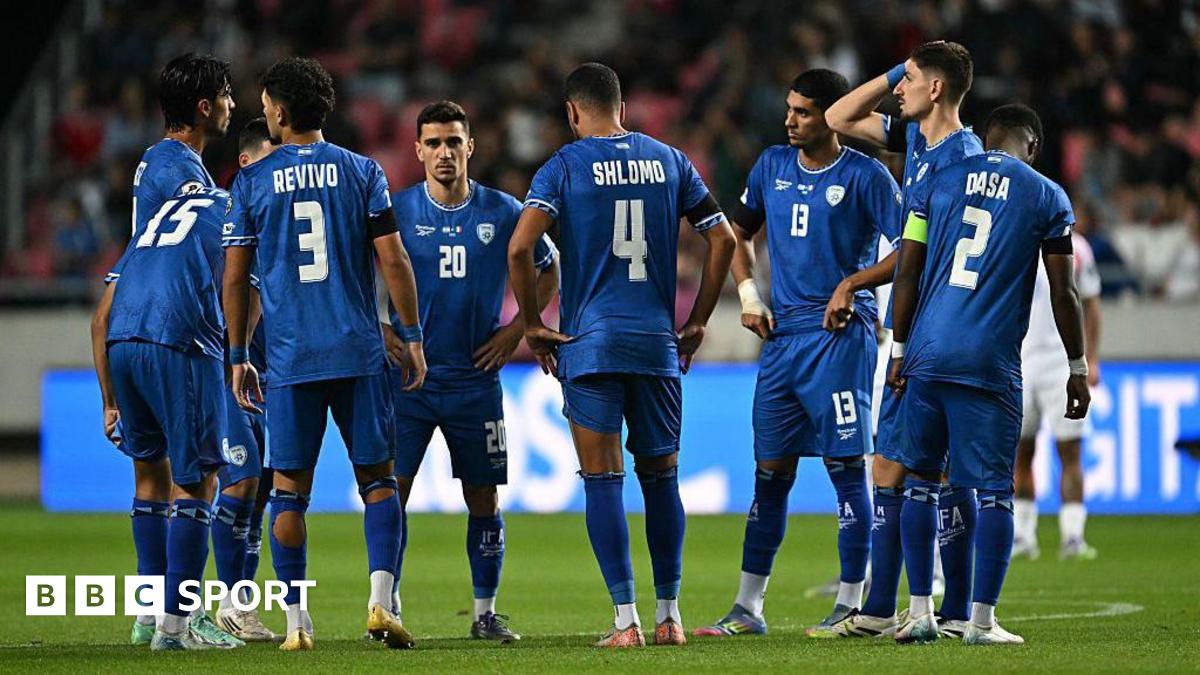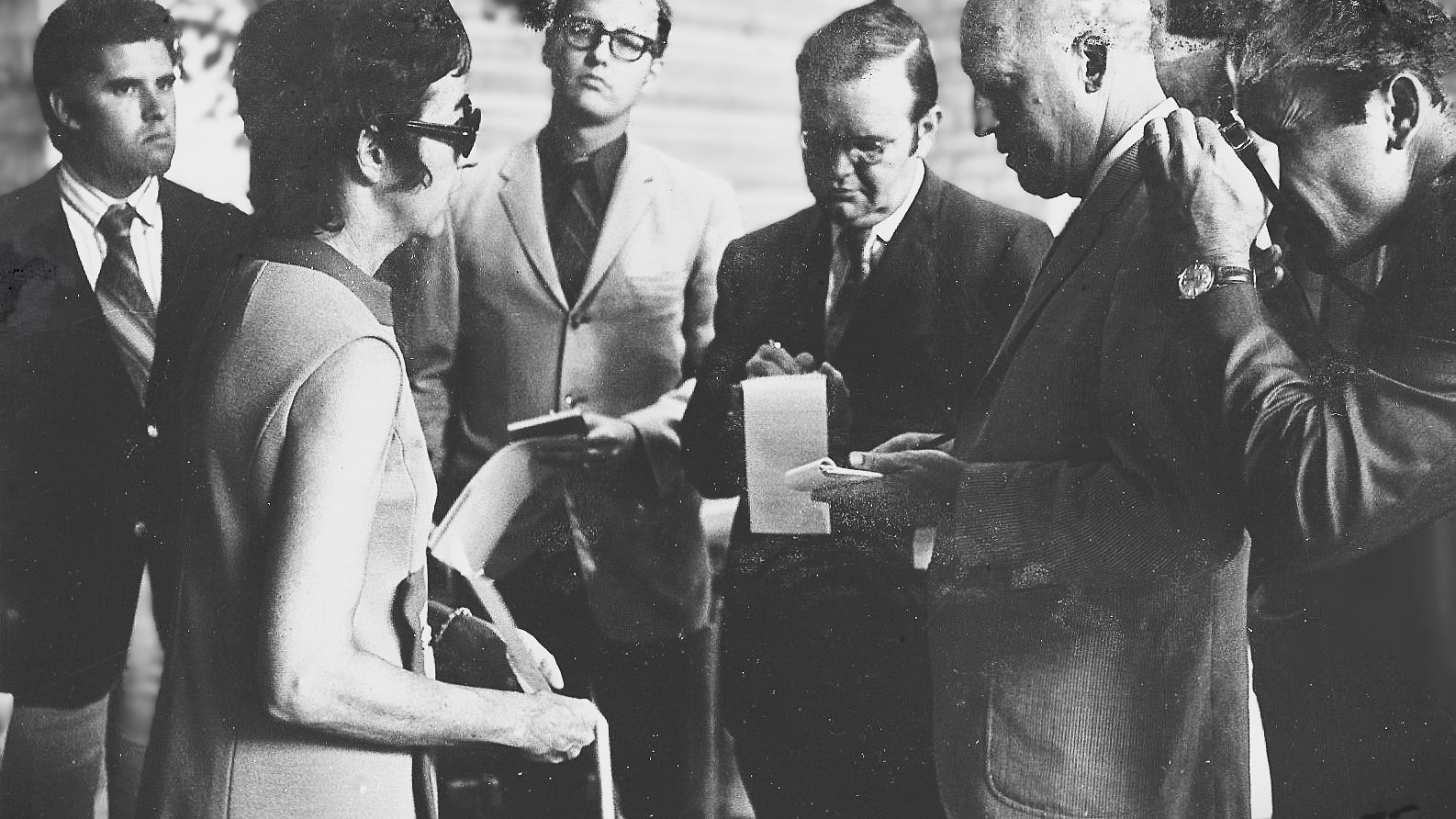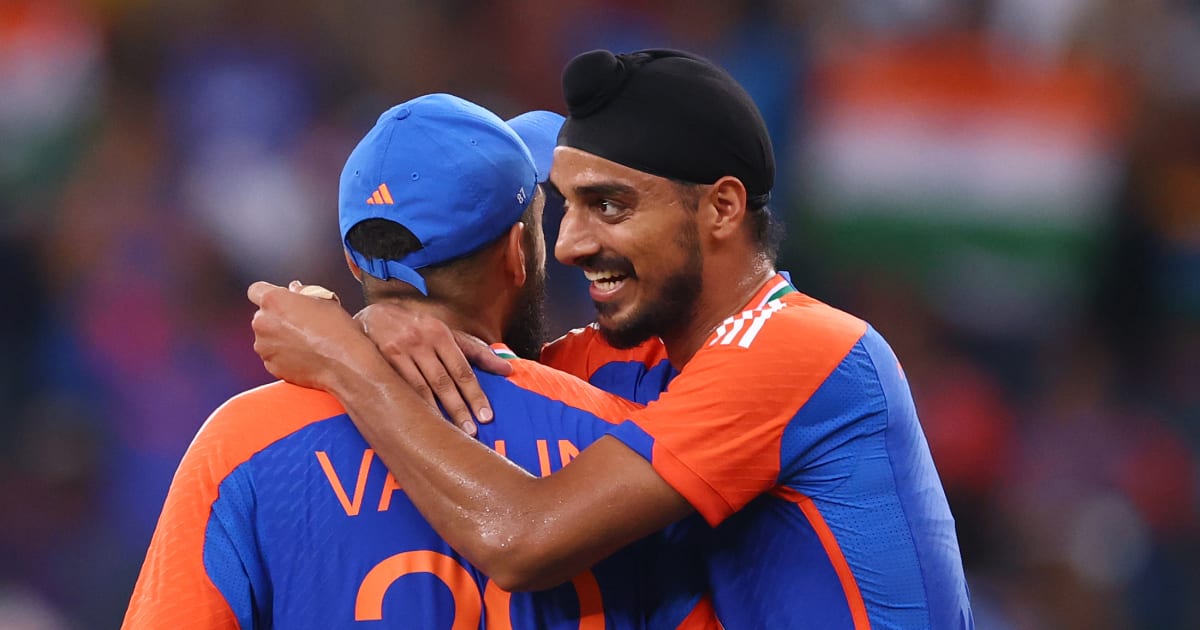Why Chris Scott went off the grid, then went to war with the AFL

Chris Scott clearly chose long ago to shield his players from the torturous toll that AFL coaching has regularly taken upon him.This time last year he was existing off-grid emotionally, having descended into a black hole of despair after the preliminary final loss to Brisbane. Scott had taken the Cats from 12th in 2023 to their ninth top-four finish under him but, as he said later, the disappointment only gets worse with every season.He grieved for weeks, far longer than the majority of his players with whom he has famously never lost it in the traditional sense of ranting or shouting, but then picked himself up and began plotting with some notable new faces for this – his fourth grand final.The Cats, headed-up by their new president Grant McCabe, unveiled themselves in a fashion to senior media back in late February. High-profile recruit Bailey Smith set the tone for his “look at me/don’t look at me” season when he wandered past, shirtless, throwing barbs to journalists along the way and his coach set the tone right back with a response that was half indulgent, half despairing.Equally significant back then in terms of the coach was his description of returning to the coal face and yet another fitful night’s sleep after a practice game. Scott said he struggles to sleep after a victory and after a loss it’s worse.At another open media event in early September Smith blotted his copybook by abusing a photographer for doing her job. The hypocrisy of his behaviour was notable and widely noted, his apology came via text and his coach Scott later made excuses for him.Scott, himself, delivered a more sincere apology to an AFL media manager after he turned on her in the rooms after the Cats’ qualifying final thrashing of the Lions. Geelong had just charged into a preliminary final, and yet the coach had taken issue with the presence of visually-impaired reporter Matt Lee and more widely with the AFL’s handling of media conferences.As Scott vented his anger, his football boss Andrew Mackie and media manager Sarah Kalaja stood by. Scott, who has pushed for key communication changes post-summer at Geelong, is very much in charge; answerable only to his CEO Steve Hocking, with whom he enjoys one of the game’s most successful partnerships.It was a baffling interlude led by Scott, which he later explained in part as being provoked by a number of issues he had experienced this year with head office.Scott is not alone in his struggles with the changing nature of post-game pressers. More widely, his is a triumphant and sometimes, too, a cautionary tale of the stresses of senior coaching, which seems only to be becoming tougher in Australian rules football and world sport as the stakes become higher.Even during the week leading up to the qualifying final, there was frustration from Geelong’s football department – which finished above Brisbane on the ladder and therefore deserved certain privileges – over the choice of accommodation for some of their players who wanted to spend the previous night in Melbourne. But Scott’s behaviour that night was at cross purposes with the football prodigy-turned-coach well known for standing up to bullies and for his unique brand of empathy and emotional intelligence.AFL senior coaches are, by nature, unusual individuals who become more so with the job. Scott is an enigma largely because he is so good at it. This season marks his 10th top-four finish. Only five times in 15 years at the helm of a job he took on as a 33-year-old has his team not reached a preliminary final.By some stretch Scott’s win-loss record is the best in AFL history. His unique brand of man management and empowerment has transformed careers from his misfit band of defenders, to Smith and Tyson Stengle, to name just a few.He is Geelong’s longest-serving coach, although he is not yet 50, and on the verge of extending – in line with his trusted chief executive Hocking – until the end of 2029. Scott’s imprint upon Geelong will remain long after the departure of club great Joel Selwood, and even his successor Patrick Dangerfield.In recent years Scott has been linked as a future coach of the Gold Coast, the Lions and Tasmania, but a return to Queensland now looks off the cards in the short term and, while he and the Devils sounded each other out, neither party fell in love with the other. And yet, despite his longevity and success, Scott declared coaching was “not a very good job” in 2021 and has stood by that.Scott is great company but intensely private. He has described himself as socially awkward and says he suffered from “JOMO” (joy of missing out), not “FOMO”. He has endured personal tragedy, which he never talks about, but is well-known across the football community for his equally private acts and messages of kindness to others who are suffering.LoadingA prodigy as a player as well as a coach, Scott was raised in the football school of hard knocks but to hear him talk about the 34-year-old returning Rhys Stanley this week was at odds with the lack of sentimentality he occasionally insists upon when players are nearing the end but won’t always accept it.His relationship with his grand final opponent Chris Fagan, with whom he famously clashed at Kardinia Park back in 2021 after a quarter-time skirmish with Lions players, has endured its troughs, and yet the two enjoyed a Friday night red together at Melbourne’s Pullman Hotel after Geelong beat Brisbane in the 2022 preliminary final.Equally enigmatic for Scott has been his relationship with the Geelong faithful. It is bizarre that he only truly won over many diehards after the 2022 flag – a victory that proved a cathartic achievement for him and more enjoyable in the aftermath than 2011. That first flag in his first year saw him too busy forging ahead to truly enjoy the moment.The second flag secured a legacy that should have already existed. It reinforced Scott’s and Geelong’s faith in the club’s unique blend of driving high standards and deliverance from under-performers while limiting club contact hours and encouraging generous reporting for work times. The coach, himself, managed a brief overseas escape with friends during his mid-season break.LoadingScott’s frustration with head office sharpened during COVID, and specifically during its aftermath. Having pledged to work without pay while his assistant coaches were stood down during the early months of the pandemic when the 2020 season was halted for eight weeks, the Cats coach became increasingly disappointed at the competition’s ongoing refusal to reactivate football department spending to anywhere near pre-virus levels.Geelong made the grand final that year and won praise from AFL bosses - who repeatedly singled out the leadership of the senior coach - for the club’s handling of that challenging period. Which probably only added insult for Scott, who had plenty of support from the coaching fraternity over the soft cap cuts given that players and senior club and AFL administrators quickly returned to pre-COVID wages.Further, a separate commercial agreement with Morris Finance, which began in 2022, became the subject of a public league investigation when Scott was promoted by the company wearing his Cats uniform. The coach – whose club is still negotiating with head office over some discrepancies which emerged as a result of an audit into the club’s third-party payments – remains disappointed with the AFL’s handling of that investigation.Scott also has a modest deal with Deakin University. But it must rankle the coach at the top of his game, with by far the best winning record in the competition, that the AFL’s stubborn stand on football department spending has constrained his earning capacity and that of his off-field team and seen him take secondary roles away from the club.Again, he is not alone, but Scott’s stated frustration with head office has been underlined by communication issues. After his previously mentioned verbal clash with the AFL’s media department, he demanded to know why the game’s most senior media boss Jay Allen wasn’t in the rooms. He cannot understand why the umpires’ boss won’t explain decisions and interpretations to coaches relating to games not involving their own clubs, or why the umpires won’t fully communicate new interpretations during pre-season club visits.Andrew Dillon only half-joked at a recent function that Scott called him more than any other coach. Clearly Scott deeply cares about the game, and not only for his own purposes. His determination not to micromanage his players is not mirrored by his attitude to the manner in which the AFL runs the game, whether it be umpires’ contact hours or Dillon’s executive.Challenging authority has long been Scott’s thing, but it came in a different fashion during his teenaged debut at the Brisbane Bears. He came to the club as a 17-year-old feature of the Nathan Buckley trade when the Bears landed the Magpies’ pick No.12.Recruiter Scott Clayton and then Bears boss Andrew Ireland travelled to the Barossa Valley to watch the year 11 St Kevin’s boy star for Vic Metro and South Australia in 1993 and his fate was sealed.LoadingA club champion and dual-premiership player, he won the 1994 Rising Star award as a schoolboy. The only headache he caused for the club that maiden season involved telephone calls from the headmaster of Brisbane Boys College to the Bears football manager, Shane Johnson. Scott, who lived at the college boarding house, wasn’t always there when he should have been.Scott’s long-time teammate and friend, Marcus Ashcroft, whose sons would have been the focus of Scott’s attention this week, recalls Scott was often on the golf course when he should have been at school.Not that truancy was ever an issue on the football field, and certainly not when the teenaged Scott decided to take action against Richmond’s Chris Bond, who was tagging Ashcroft a little too closely.









